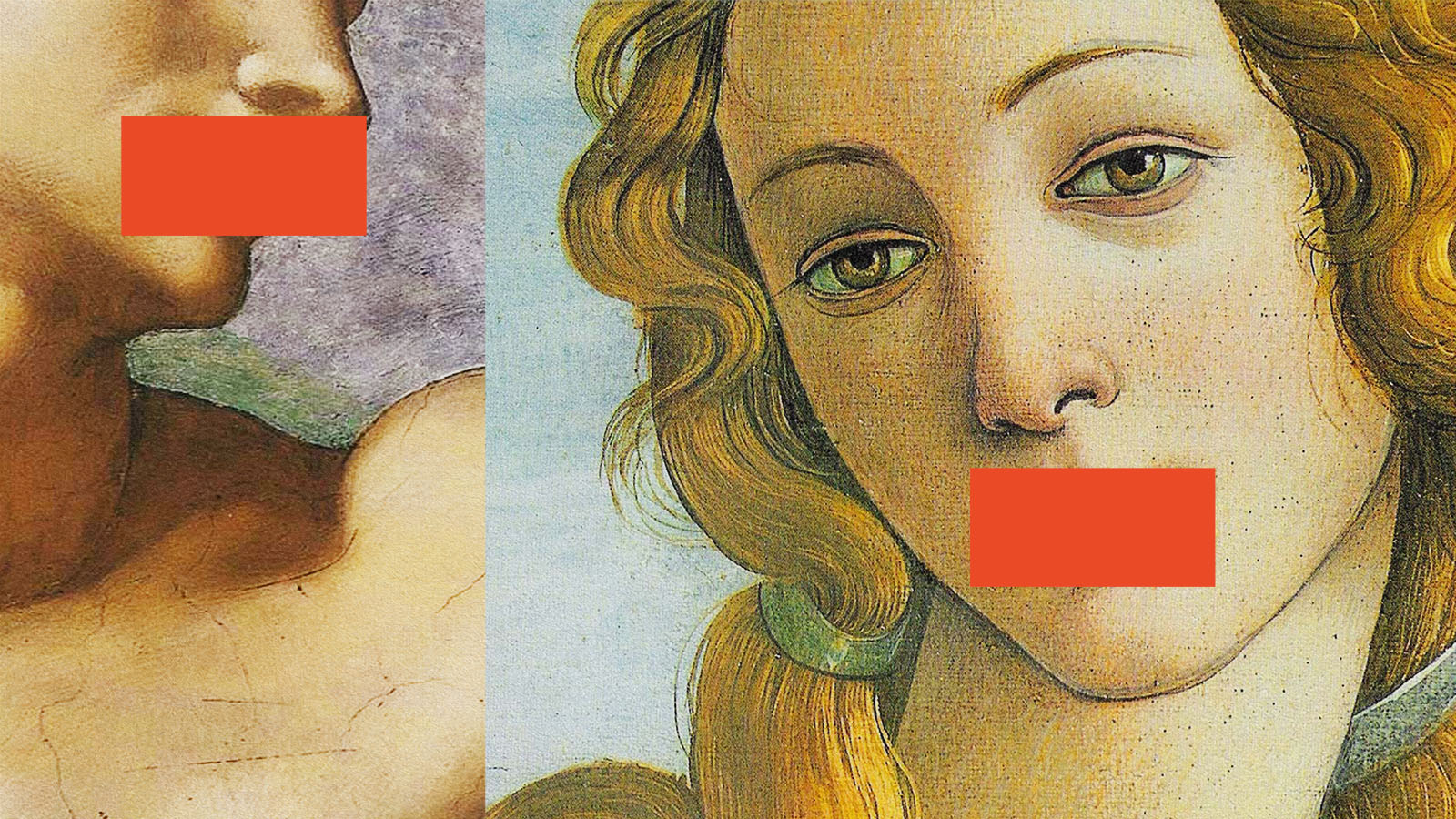Why the word ‘moist’ makes you cringe

Photo credit: Fox Photos / Hulton Archive / Getty Images
Moist. Just reading the word makes you cringe, doesn’t it? There are many theories as to why — but according to psychologist Paul H. Thibodeau, the word “moist” makes you cringe because I just told you it should.
We’ve written about Thibodeau’s work on the word “moist” before. While he initially thought there were contextual clues to people’s aversion with the word, after crunching his data he found there weren’t any. So, Thibodeau changed his approach to get to the bottom of the “moist aversion crevice” — which is both a cringeworthy description and the title of his study. That study, published by journal PLOS ONE in 2016, tests people’s preconceived aversion to the word “moist” in one of 3 three ways: a physical response, the characteristics of people who are averse to the word, and whether people who describe themselves as averse to the word “moist” are averse to other words with negative connotations.
In order to do that, Thibodeau asked more than 2,400 participants to rate their feelings about the word through 5 rounds of tests. They compared their feelings on that word versus other words with both positive and negative connotations. Overall, 18 percent of participants found the word cringeworthy. Here’s a chart of the word rankings:

Of the people who self-identified as moist-averse, they “reported less familiarity with and personal use of the word,” writes Thibodeau. “They also considered the word to be more negatively valenced.”
Most interestingly, people who weren’t familiar with the word “moist” still cringed when they heard it. As established by both this experiment and his previous one, that reaction had nothing to do with the imagery conjured by the word. That cringeworthy reaction implies that those participants absorbed their negative connotation from somewhere else — and was strong enough to influence their own perception.
So who’s most likely to cringe at the word moist? “A young, neurotic, female who is well-educated and somewhat disgusted by bodily function,” according to the study. That bit about bodily function was an especially important link for Thibodeau: “The relationship between word aversion and disgust for bodily function, and not disgust for sex, suggests possible support for a specific semantic relatedness hypothesis — that aversion to “moist” may be grounded in associations to effluvia.” Effluvia is gross bodily discharge, and given that the same people who think that’s gross learn that from their environment, the same appears to be true for “moist.”
Even with all of that cringing, the study’s most interesting find is the characterization of being averse to a word. As Thibodeau explains:
The phenomenon is characterized by a visceral response to the aversive word, which can be seen directly in subjective ratings of word aversiveness, and in the responses of participants in a free association task. In addition, people with an aversion to ‘moist”‘ were significantly more likely to remember and report having encountered the word in a surprise recall task.
All this means word aversion is a real thing. It’s rooted in semantics and affects people who don’t regularly use words they’re averse to. Still, the fact that participants who self-identified as moist averse ranked it more negatively than people who didn’t identify that way seems a bit too obvious a conclusion. Thibodeau admits that his work isn’t exhaustive, but it is encouraging to see research confirming the ickiness of the word “moist.” And, since Thibodeau seems obsessed with figuring this out, we’ll get to the bottom of that moist aversion crevice sooner or later.
In the meantime, enjoy these celebrities attempting to say the word without cringing:
Feature image credit: Marcus Povey/Flickr





